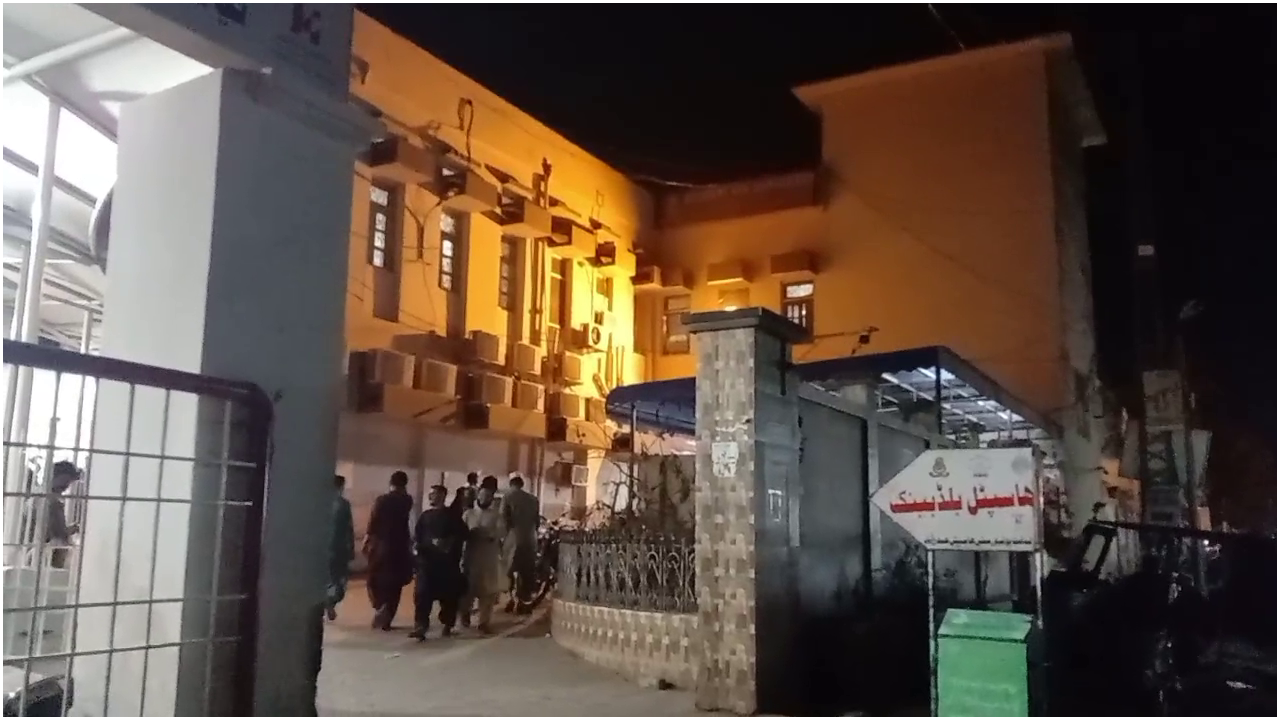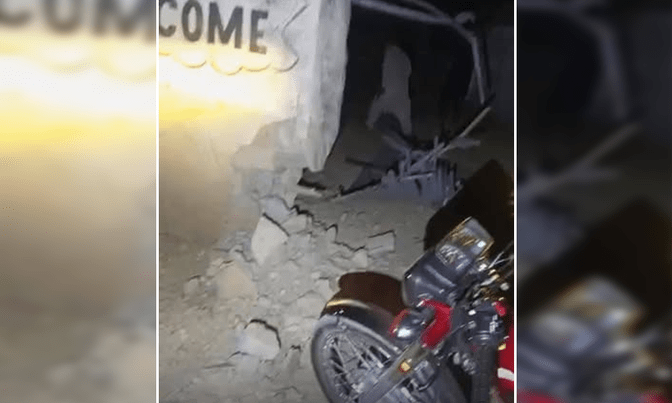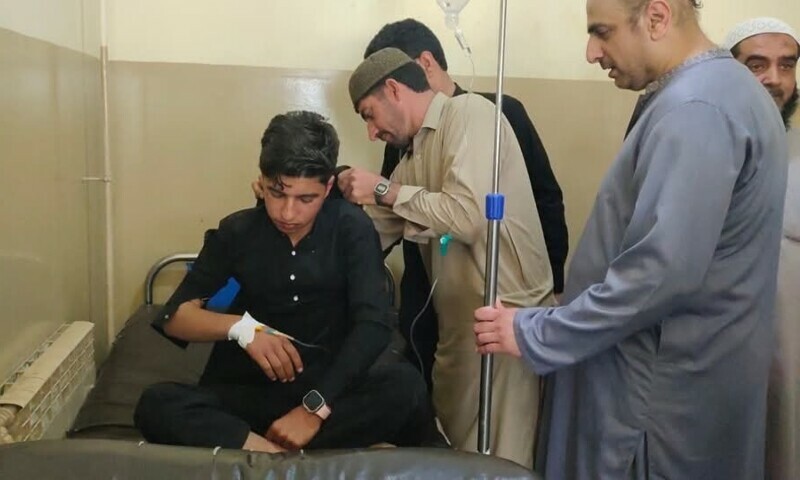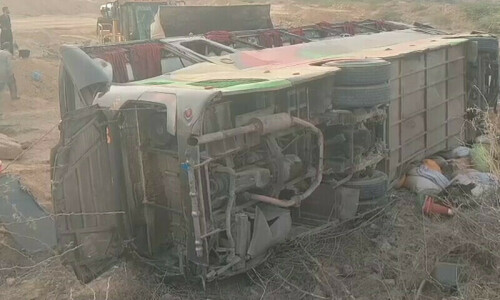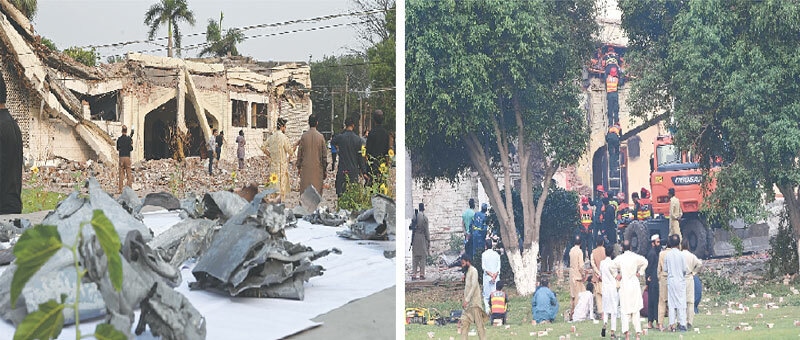CRIME
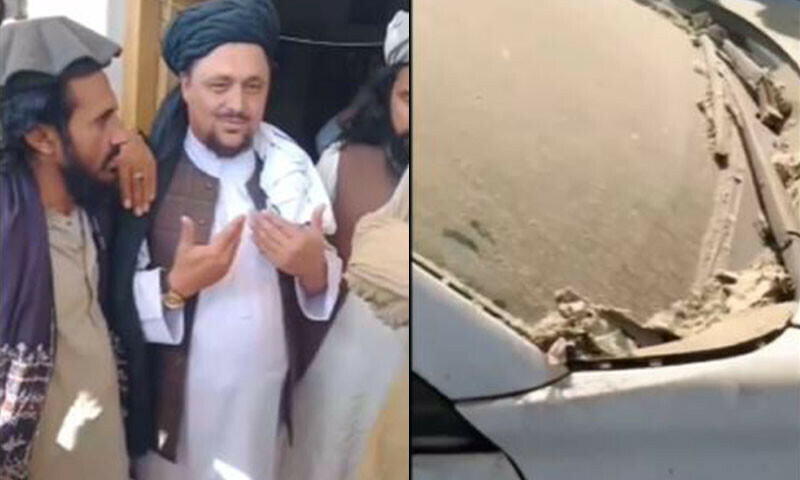
A bomb explosion targeted Jamiat Ulema-e-Islam-Fazl (JUI-F) leader Maulana Noorullah in South Waziristan on Wednesday, in yet another incident of rising violence against religious and political figures in the region.
The blast occurred near Shahzad Madrassah, adjacent to the police station in Azam Warsak Market, according to a statement issued by the police. The explosion specifically targeted Maulana Noorullah’s vehicle, but he and his companions remained unharmed.
Police confirmed that there were no casualties, though the explosion caused panic in the local market. Security forces quickly cordoned off the area and launched an investigation into the incident.
A video released by JUI-F after the incident shows Maulana Noorullah assuring his supporters of his safety:
“We all are safe. We want peace in the country and protection of religious schools, mosques and all Muslims.”
Maulana Noorullah was accompanied by local party leaders Maulana Ishaq and Maulana Amanullah at the time of the attack.
🧨 Wave of Targeted Attacks on JUI-F
This is not an isolated incident. Over the past few months, JUI-F leaders have come under repeated attacks in both Khyber Pakhtunkhwa and Balochistan:
- March 14: A bomb exploded during Friday prayers at a mosque in South Waziristan, injuring JUI-F district chief Abdullah Nadeem and three others.
- April 25: In Kalat, Balochistan, a roadside IED blast killed Maulana Abdullah Nachari and two women, injuring five more.
- March 2: In Zehri, Khuzdar district, Wadera Ghulam Sarwar and Molvi Amanullah were shot dead by unknown assailants while traveling home.
Security Concerns and Political Violence
The frequency and intensity of attacks targeting JUI-F leaders raise serious questions about the security situation in tribal and conflict-prone areas.
Observers believe that sectarian motives, political rivalry, and militant insurgencies could be contributing to this pattern of violence.
Despite repeated appeals, no significant breakthroughs have been reported in investigations, and JUI-F leaders continue to be at risk.
